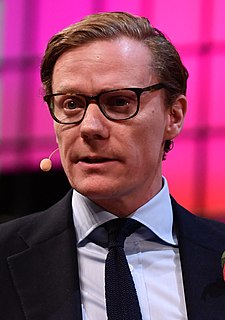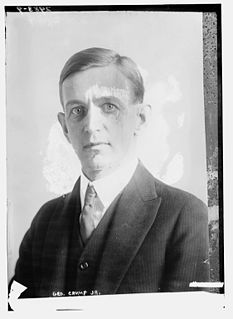A Quote by Ben Bernanke
Evolving technologies that allow economists to gather new types of data and to manipulate millions of data points are just one factor among several that are likely to transform the field in coming years.
Related Quotes
Let's look at lending, where they're using big data for the credit side. And it's just credit data enhanced, by the way, which we do, too. It's nothing mystical. But they're very good at reducing the pain points. They can underwrite it quicker using - I'm just going to call it big data, for lack of a better term: "Why does it take two weeks? Why can't you do it in 15 minutes?"
Tape with LTFS has several advantages over the other external storage devices it would typically be compared to. First, tape has been designed from Day 1 to be an offline device and to sit on a shelf. An LTFS-formatted LTO-6 tape can store 2.5 TB of uncompressed data and almost 6 TB with compression. That means many data centers could fit their entire data set into a small FedEx box. With LTFS the sending and receiving data centers no longer need to be running the same application to access the data on the tape.
Computer science only indicates the retrospective omnipotence of our technologies. In other words, an infinite capacity to process data (but only data -- i.e. the already given) and in no sense a new vision. With that science, we are entering an era of exhaustivity, which is also an era of exhaustion.
One of the myths about the Internet of Things is that companies have all the data they need, but their real challenge is making sense of it. In reality, the cost of collecting some kinds of data remains too high, the quality of the data isn't always good enough, and it remains difficult to integrate multiple data sources.




































